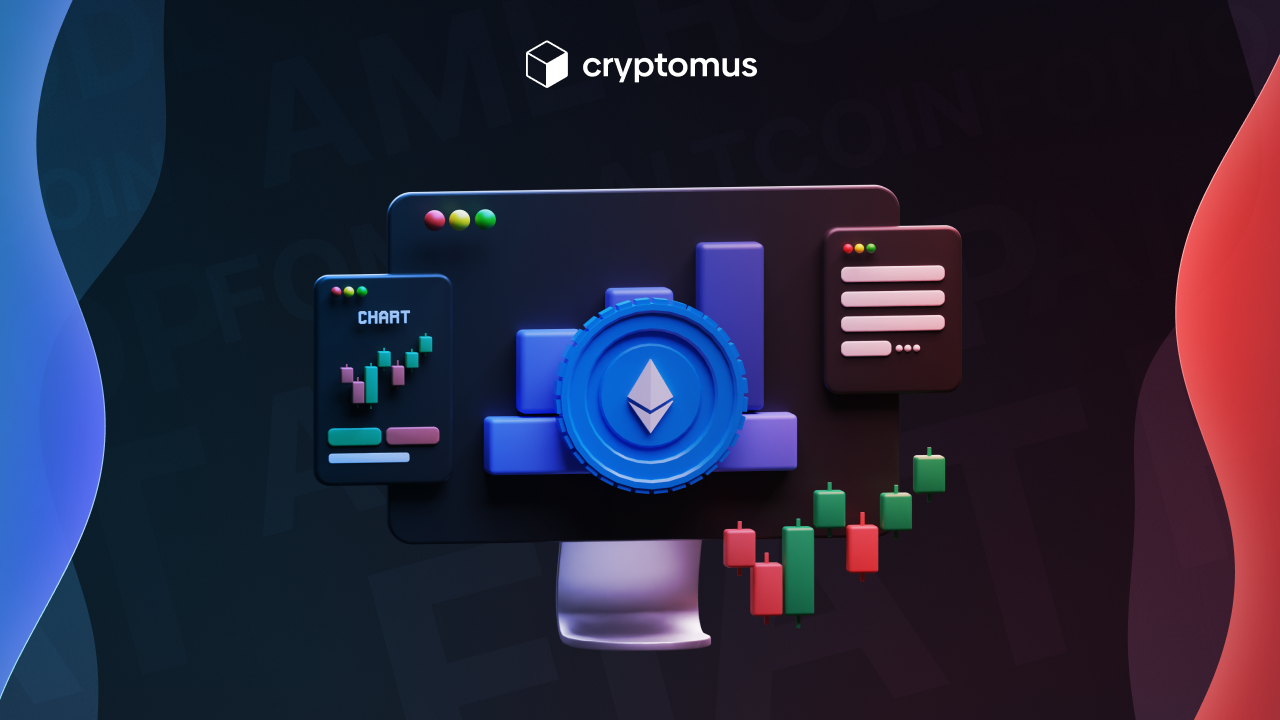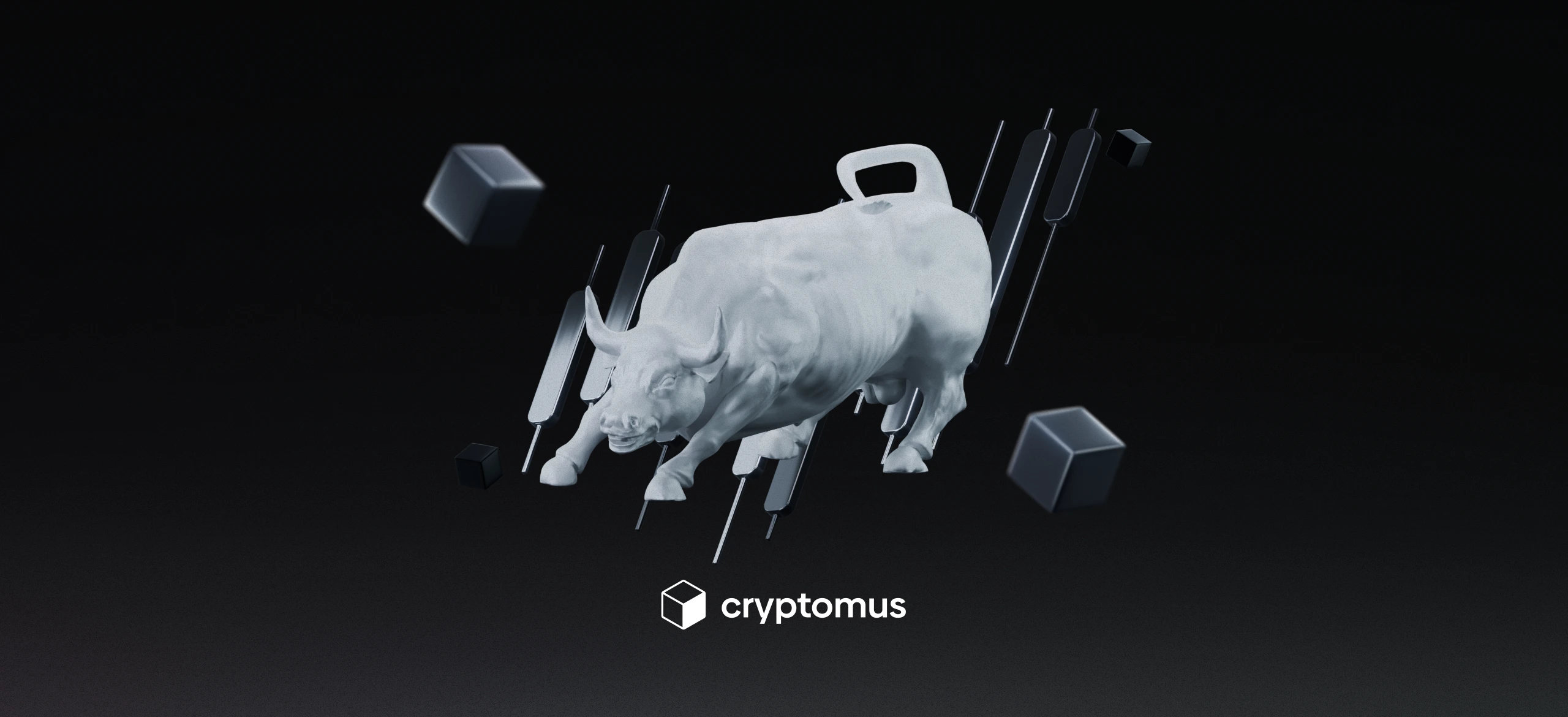
加密貨幣字典:每個加密貨幣持有者都應該知道的術語
目錄
加密貨幣不僅帶來了革命性的交易方式,也帶來了其獨特的詞彙。探索這本加密貨幣詞典對於任何深入研究這個數位世界的人來說都至關重要。
這是一本加密貨幣詞典,收錄了所有加密貨幣持有者和愛好者都應該熟悉的關鍵術語和概念。
每個加密貨幣持有者都必須了解的基本術語
如果您想創建自己的加密貨幣詞典以實現更遠的目標,這份清單將非常有助於您擴充加密貨幣術語庫。它一定會充實您的知識體系:
區塊鏈:一項支撐加密貨幣存在的寶貴技術。區塊鏈是網路上所有交易的去中心化儲存平台。它無需中央機構即可實現安全透明的記錄保存。
錢包:儲存加密貨幣的數位錢包。錢包可以是在線的(熱錢包)、離線的(冷錢包)、基於硬體的,甚至是紙質的。
支付平台:一種用於促進線上金融交易的特殊系統。在數位貨幣領域,這些平台允許企業以加密貨幣出售商品。
P2P 交易所(點對點交易):一個去中心化的平台,個人可以直接在平台上交易加密貨幣,無需中介或其他第三方。這些平台提供了一種更直接、通常更私密的加密貨幣交易方式。
例如,多功能平台 Cryptomus 也是一個 P2P 交易所,提供靈活的比特幣和其他加密貨幣購買方式。
公鑰:用於促進錢包之間交易的加密代碼。它類似於您共享用於接收資金的銀行帳號。
私鑰:只有數位錢包所有者知道的安全代碼。它對於授權交易和存取您的加密貨幣資產至關重要。您可以將其視為加密錢包的 PIN 碼。
雜湊率*:衡量加密網路處理能力的指標。它指的是電腦完成加密貨幣代碼運算的速度,這對於挖礦效率至關重要。
Satoshi:比特幣的最小單位,以其神秘的創造者中本聰 (Satoshi Nakamoto) 的名字命名。 1 Satoshi 等於一億分之一比特幣 (0.00000001 BTC)。
Gas(以太坊網路):用於衡量在以太坊網路上執行交易或智慧合約等操作所需計算量的單位。
加密字典術語精簡

加密字典沒有收錄用淺顯易懂的術語來解釋,效果並不好。每位加密貨幣用戶都應該理解以下術語,以便對加密貨幣操作充滿信心:
加密貨幣挖礦:這是驗證新交易並將其添加到區塊鏈的過程。它還包括鑄造新的加密貨幣代幣,作為對參與此過程的礦工的獎勵。
去中心化網路:這個概念指的是網路中控制權和權限的分散。在加密貨幣的脈絡下,它意味著區塊鏈技術由其網路集體管理,而不是由單一的中心化實體管理。
自動化合約(智慧合約):這些合約的條款以電腦語言而非傳統的法律語言編寫。當滿足預定條件時,這些合約會自動執行並強制執行合約的條款。
基於工作的共識(工作量證明):這是區塊鏈技術中採用的一種系統,礦工必須解決複雜的計算問題才能驗證交易並將新的區塊添加到鏈中。
基於權益的共識(權益證明):這是工作量證明系統的一種替代方案,新區塊的創建由驗證者根據其願意持有並作為擔保物固定的特定加密貨幣數量來選擇。
直接加密貨幣兌換(原子交換):這是指智慧合約中的一種先進技術,允許一種加密貨幣直接兌換另一種加密貨幣,而無需中心化的第三方中介機構(例如交易平台)。
加密貨幣綜合字典
ICO(首次代幣發行):一種融資機制,透過出售新的加密貨幣來為新項目籌集資金。
代幣:在區塊鏈上發行的數位資產。它可以代表各種資產或效用。
法定貨幣:政府發行的貨幣,並非由實體商品(如黃金)支持,而是由發行它的政府支持。
最佳加密貨幣字典
區塊鏈上存在著無數種加密貨幣。我們建議您專注於加密貨幣或數位資產等基本資訊。以下是一份實用的加密貨幣字典:
比特幣 (BTC):第一個也是最著名的加密貨幣,由一個匿名人士(或團體)使用化名「中本聰」創建。
以太幣 (ETH):一個以其原生加密貨幣以太幣 (ETH) 而聞名的區塊鏈平台。以太坊以其智慧合約功能而聞名。
山寨幣:除比特幣以外的任何加密貨幣。例如以太幣 (ETH)、瑞波幣 (XRP) 和萊特幣 (LTC)。
穩定幣:一種旨在提供價格穩定性的加密貨幣,並以黃金或法定貨幣等儲備資產為支撐。
DeFi(去中心化金融):在區塊鏈上執行的金融服務,例如借貸或交易,無需傳統中介機構。
NFT(非同質化代幣):代表特定物品所有權的獨特數位資產,使用區塊鏈技術建立經過驗證的公開所有權證明。
加密貨幣領域的新興趨勢和流行語
Layer 2 解決方案
旨在解決區塊鏈網路可擴展性問題的技術。它們在基礎層(Layer 1)上運行,以提高交易速度並降低成本。
Wrapped Tokens
與另一種加密貨幣的價值掛鉤,但可在另一個區塊鏈網路上使用的加密貨幣。一個著名的例子是 Wrapped Bitcoin (WBTC)。
DeFi 收益耕作
在去中心化金融 (DeFi) 領域轉移加密貨幣,以最大化質押或借貸收益的做法。
Web 3.0
第三代互聯網,設想基於區塊鏈建構一個去中心化的線上生態系統。
結論
在快速發展的加密貨幣世界中,掌握最新術語對於有效駕馭市場至關重要。從「區塊鏈」和「挖礦」等基礎術語,到「DeFi」和「NFT」等更高級的概念,理解這些術語將使您具備做出明智決策並在加密貨幣領域進行有效參與所需的知識。無論您是經驗豐富的投資者還是充滿好奇的新手,這本加密貨幣詞典都是您數位貨幣之旅中寶貴的資源。



